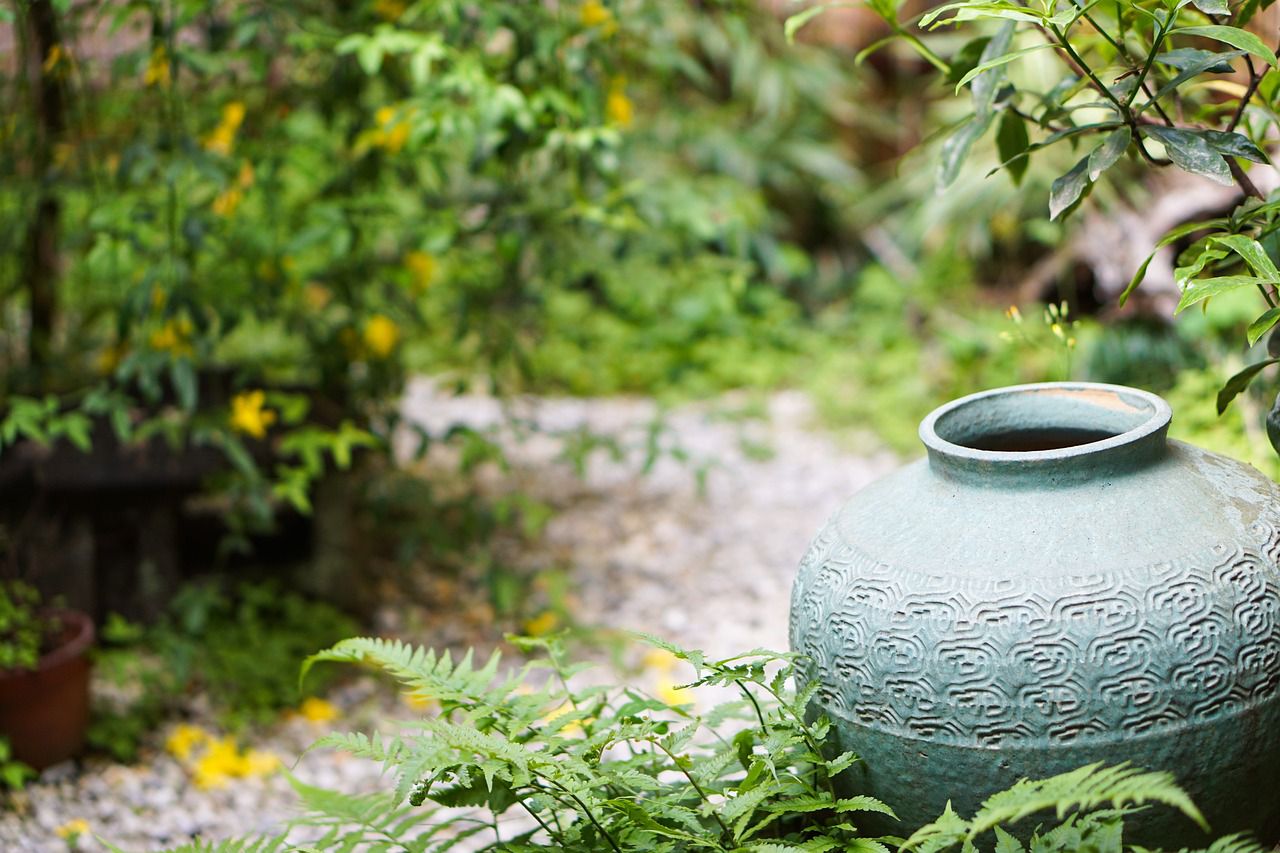Gardening trends that came from Asian gardens: Collecting the best ideas for your perfect garden
Asian gardens have had a significant influence on gardening trends around the world.
These trends often reflect the philosophies, aesthetics, and design principles that are deeply rooted in Asian cultures.
Here are some gardening trends that have originated from Asian gardens.
Zen Gardens
Zen gardens, also known as Japanese rock gardens or dry landscapes, are minimalist and contemplative spaces that originated in Japan.
They typically feature carefully raked gravel or sand, along with strategically placed rocks and often a few plants.

Zen gardens are designed to evoke a sense of tranquility, simplicity, and harmony.
These gardens emphasize the concept of wabi-sabi, appreciating the beauty in imperfection and impermanence.
Bonsai
Bonsai is an ancient Japanese art form of cultivating miniature trees in containers.
It embodies the principles of balance, harmony, and proportion.
Bonsai trees are carefully pruned and shaped to mimic the appearance of mature, full-sized trees in nature.
The practice of bonsai encourages patience and a deep connection with nature.
Tea Gardens
Tea gardens are an integral part of Japanese culture and are designed for the traditional tea ceremony.
These gardens often feature a simple layout with carefully placed stones, lanterns, and water features.
The design encourages a sense of calm and mindfulness, aligning with the tea ceremony's focus on harmony and reverence for nature.
Feng Shui Gardens
Feng Shui is a Chinese philosophy that emphasizes the harmonious arrangement of elements to create balance and positive energy flow.
Feng Shui principles have influenced garden design by guiding the placement of plants, water features, and structures to enhance the overall energy and aesthetics of the space.
